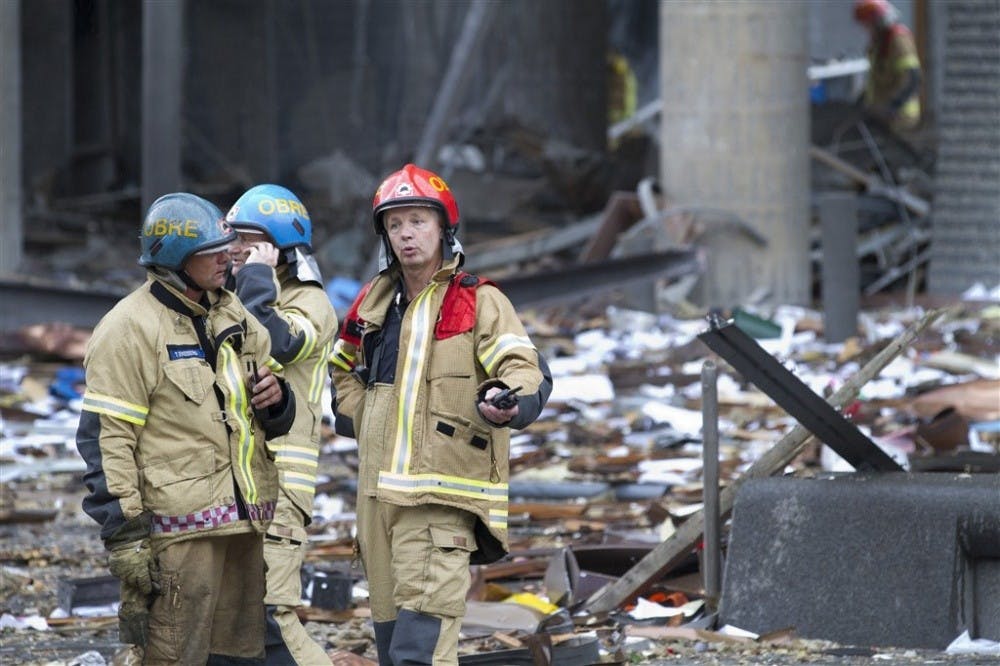COPENHAGEN, DENMARK—The tragic events that occurred in Oslo, Norway, and on the island of Utøya July 22 may be distant memory to many in the United States, but they remain at the forefront of the minds and hearts of Norwegians and the people of Scandinavia in general.
The attacks left 77 dead and many more injured after a car bomb exploded outside a government building and Anders Behring Breivik, a Norway native went on a shooting rampage aimed at teenagers attending the Norwegian Labor Party's annual youth summer camp.
Like the post–Sept. 11 United States, Norway, Denmark and the other Scandinavian countries have been forced to deal with 21st century terrorism and the ramifications terrorist attacks can have on a culture and a society as a whole.
Jesper Lohmann, an instructor at the Danish Institute for Study Abroad who teaches a class called Terrorism and Counter-Terrorism in International Politics, said there is a great chance of an attack happening in Denmark very soon.
"Before the attacks in Norway, Danes and all Scandinavians were expecting an attack to take place in Copenhagen, Denmark," Lohmann said.
Fears of attack emerged following the controversial publication of 12 editorial cartoons in the Danish newspaper Jyllands-Posten, where the Prophet Muhammad was negatively portrayed in 2005.
But not all Danes are worried of an impending terrorist attack. Simon Ellingsen, who works at a publishing company in Copenhagen, says that worrying is needless.
"Life is too short to be living in fear of when or where the next terrorist attack will be," he said. "I'm not going to worry about or change the way I live out of fear or terrorism."
But even if not all Danes are concerned, the Danish government is not taking any chances and has been increasing its security the past few months.
Prior to the attacks, few Norwegian or Danish political figures had permanent bodyguards and security. The two countries pride themselves on this aspect of their culture and believe that openness between the citizens and politicians results in a more equal and peaceful society. But because of the attacks and 10th anniversary of Sept. 11, security has been stepped up for government officials and politicians.
"In the long-term, politicians will no longer be able to walk the streets so freely," Lohmann said.
Bettina Vang, a Danish mother of twin boys, said she believes that the Danish lack of security for politicians and citizens is a naive way to live in today's day and age, and that security must be increased.
"I would never place my children in a situation like on the island of Utøya, where there were close to 600 young people and so few police and safety measures," she said. "I hope Denmark can learn from the Norway attack to increase our security measures."
Scandinavian responses to the Norway attacks have been markedly different. While Norwegians have re-stated their firm beliefs that openness and more democracy are the answer to public hatred and atrocities, many Danes have used these attacks to push for stricter immigration laws. The Danish People's Party, which is the right-wing populist party, has stated that Denmark is not naturally a country of immigration, and it rejects the idea of multiculturalism in Denmark.
Christopher Keller, a student in Denmark, holds a contrasting view on immigration. Keller's parents are of Danish and Japanese decent, which he said has helped him understand the importance of accepting immigration and living in an open and accepting society.
"I feel Denmark should be a country that welcomes immigration and offers others a culture to be a part of and join," he said.


